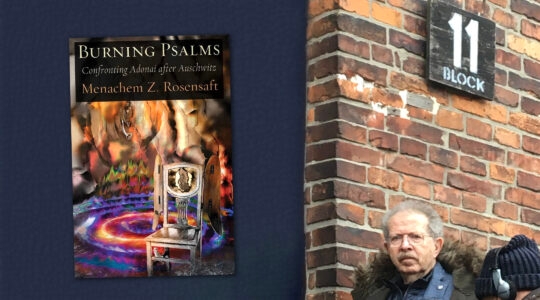Eli Lake of the Daily Beast runs down the eight-man (yes, all men — it’s Israel, are you surprised?) group that will essentially decide whether Israel launches a strike against Iran.
The group consists of:
- Prime Minister Benjamin Netanyahu
- Defense Minister Ehud Barak
- Foreign Minister Avigdor Liberman (Yisrael Beytenu)
- Interior Minister Eli Yishai (Shas)
- Deputy Prime Minister and Minister of Intelligence and Atomic Energy Dan Meridor (Likud)
- Deputy Prime Minister and Minister of Strategic Affairs Moshe Ya’alon (Likud, former chief of staff)
- Minister Without Portfolio Benny Begin (Likud)
- Finance Minister Yuval Steinitz (Likud)
As Lake notes, if you believe what you read in the Israeli press … it’s hard to break things down according to party or how hawkish each of these ministers is perceived to be on the Palestinian issue (or even, for that matter, on the Iranian issue). For example, you have Barak, who was willing to sign a concession-filled deal with the Palestinians and has constantly sought to put a postive spin on Israel’s relations with the Obama administration, emerging as arguably the strongest argument advocate for military action. But several of the Likud members in the group, including Ya’alon — a favorite of many U.S. Jewish hawks — have yet to endorse an attack.
Here’s a snippet:
“A decision like this would rarely be brought to the full cabinet because it is a huge forum, and you can’t get 30 people to agree on anything,” says Chuck Freilich, a former deputy national-security adviser to two Israeli prime ministers. “Israel has a real problem with leaks. That is why the real strategic thinking is done in the octet and other, even smaller meetings.”
Israeli law requires that major national-security decisions, like signing peace accords or ordering airstrikes, must receive a majority vote in either the full cabinet or a smaller ministerial committee on national security—a panel comprising half the ministers of the full cabinet. (The current Israeli cabinet has 30 ministers, 15 of whom serve on the national-security committee.) But in practice, the decision of the octet is most vital. …
When a formal vote comes to the ministerial committee or the full cabinet, Freilich says, the weight of the octet almost always carries the day.
JTA has documented Jewish history in real-time for over a century. Keep our journalism strong by joining us in supporting independent, award-winning reporting.





